
Internet of Things
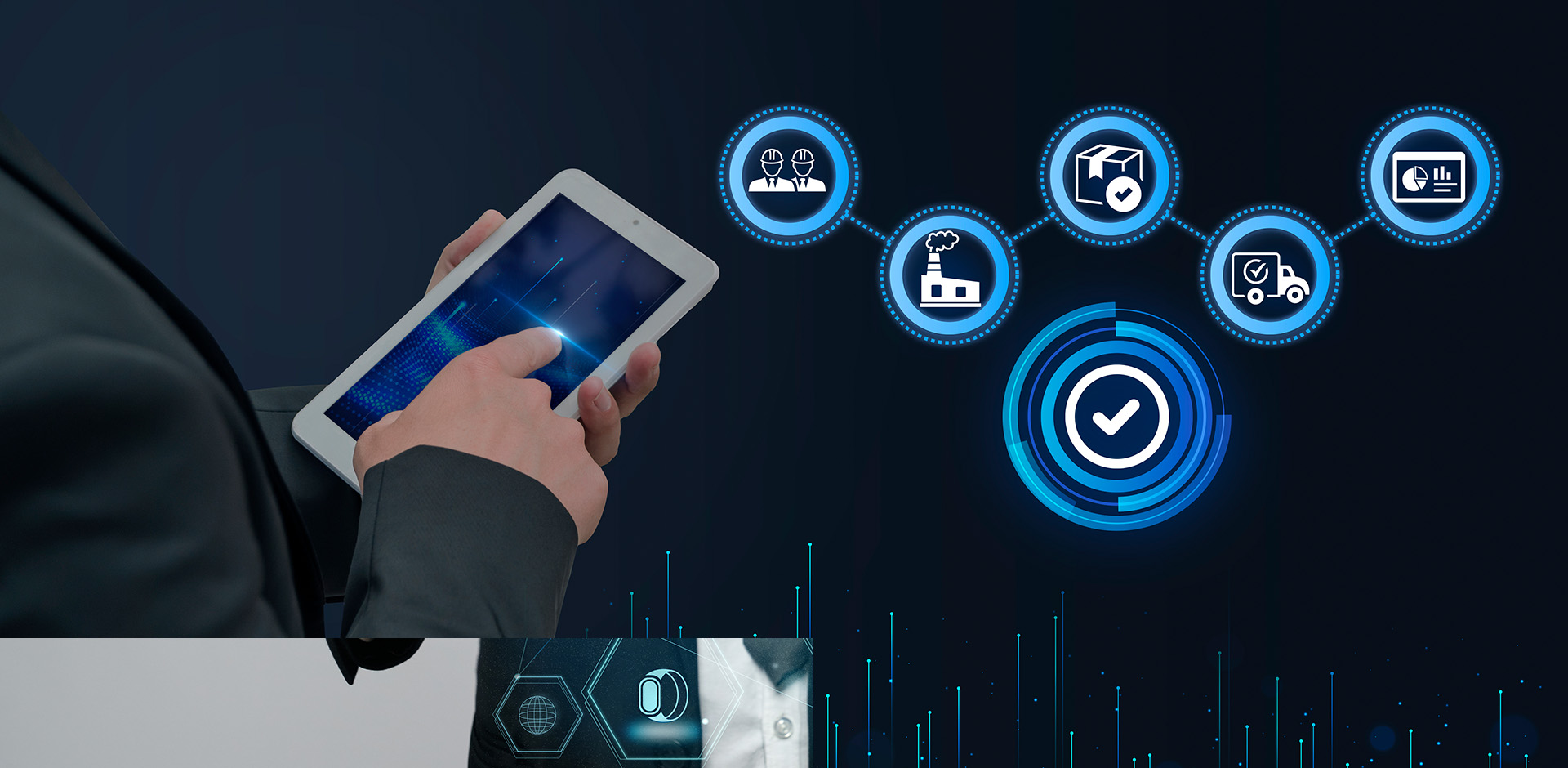
Unlock a new era of possibilities for your business

Unleash the power of IoT



IoT refers to the network of physical objects, devices, vehicles, buildings, and other items that are embedded with sensors, software, and connectivity, enabling them to collect and exchange data over the internet. The concept behind IoT is to create a vast ecosystem of interconnected objects that can interact and communicate with each other and with humans.

Are you ready to unlock a new era of possibilities for your business? Imagine a world where your devices, machines, and equipment are not just connected, but also intelligent, capable of gathering data, making informed decisions, and transforming the way you operate. That’s the power of the Internet of Things (IoT), and we’re here to show you how it can revolutionize your business.
IoT is more than just technology; it’s a strategic opportunity to enhance efficiency, drive innovation, and create new revenue streams.
Service Models
Device Management as a Service (DMaaS):
This model focuses on remotely managing and monitoring IoT devices throughout their lifecycle. It includes tasks like provisioning, configuring, updating firmware, monitoring health, and diagnosing issues.
Connectivity as a Service (CaaS):
CaaS provides the necessary connectivity solutions for IoT devices. It covers options like cellular, Wi-Fi, LPWAN (Low-Power Wide Area Network), and other communication protocols to ensure devices can transmit and receive data.

Edge Computing as a Service (ECaaS):
ECaaS brings the power of edge computing to IoT deployments by offering computing resources and processing closer to the devices, reducing latency and enabling real-time analytics.
API as a Service (APIaaS):
This model offers APIs that enable seamless integration between various IoT devices, platforms, and services. It simplifies the process of connecting and interacting with different components.
Functionality as a Service (FnaaS):
Similar to FaaS, FnaaS focuses on delivering specific functions or capabilities as services that can be integrated into IoT applications.
Managed IoT Services:
Managed services encompass a combination of different service models, where a third-party provider takes care of various aspects of IoT deployment, including device management, connectivity, data analysis, and more.
Platform as a Service (PaaS):
PaaS offerings provide an environment for developing, deploying, and managing IoT applications. This includes tools for data collection, storage, analysis, and visualization, along with APIs and integration capabilities
Software as a Service (SaaS):
SaaS IoT solutions offer pre-built applications that cater to specific use cases, such as remote asset monitoring, predictive maintenance, and energy management. These applications can be accessed and used without the need for extensive development.
Function as a Service (FaaS):
FaaS, also known as serverless computing, allows developers to deploy individual functions or code snippets that respond to specific IoT events. This approach reduces the need to manage server infrastructure.
Infrastructure as a Service (IaaS):
IaaS provides the foundational hardware and networking resources required for building and deploying IoT solutions. It includes virtual machines, storage, and networking infrastructure.
Security as a Service (SECaaS):
IoT involves sensitive data, and SECaaS focuses on providing security services such as encryption, authentication, access control, and threat detection to protect devices, data, and communications.

Benefits of IoT (Internet of Things)
Here’s why you should consider integrating IoT into your business::
Data-Driven Insights: With IoT, your devices collect real-time data, providing you with deep insights into your operations. Imagine being able to monitor equipment performance, track inventory levels, and analyze customer behavior to make informed decisions that drive growth.
Operational Efficiency: IoT enables predictive maintenance by alerting you when equipment needs attention before it fails. This reduces downtime, optimizes maintenance schedules, and extends the lifespan of your assets.
Cost Savings: By optimizing resource allocation and reducing energy consumption, IoT can lead to significant cost savings. Imagine lowering utility bills, streamlining supply chains, and minimizing waste, all while enhancing your bottom line.
Enhanced Customer Experience: IoT allows you to offer personalized experiences to your customers. By understanding their preferences and behavior, you can tailor your products and services, leading to higher customer satisfaction and loyalty.
New Business Models: Embrace innovative business models such as subscription services, pay-as-you-go models, or data monetization. IoT opens doors to new revenue streams that were previously untapped.
Competitive Edge: In today’s fast-paced world, staying ahead means leveraging technology. Implementing IoT can differentiate you from competitors, attract new customers, and position your business as an industry leader.
Automation and Process Improvement: IoT enables automation of routine tasks, freeing up your workforce to focus on higher-value activities. It also streamlines processes, reducing errors and increasing productivity.
Scalability: Whether you’re a small startup or a large enterprise, IoT solutions can be tailored to your needs and scaled as your business grows.
Innovation Potential: IoT encourages innovation by allowing you to explore new ways of doing business. From smart products to connected cities, the possibilities are endless.
Future-Proofing: IoT is not just a trend; it’s a fundamental shift in how businesses operate. By adopting IoT, you position your business to thrive in the evolving digital landscape.
Our team of experts is ready to guide you on your IoT journey, from strategy and implementation to ongoing support. We’ll work closely with you to understand your unique business challenges and design a customized IoT solution that aligns with your goals.
Providers
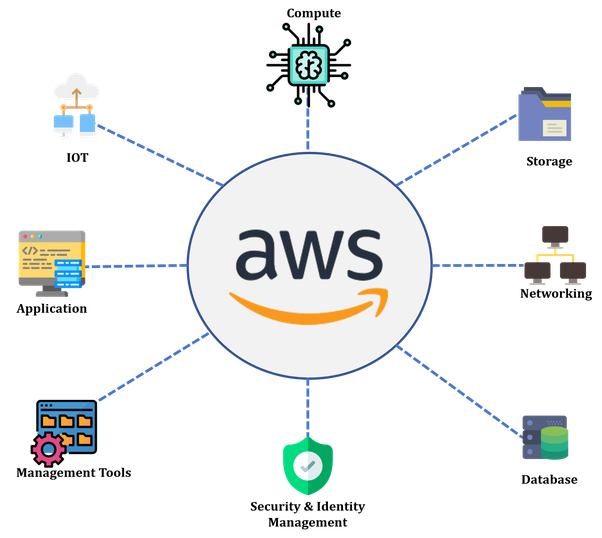
AWS IoT (Amazon Web Services IoT)
Amazon’s IoT platform offers a comprehensive suite of services for building, deploying, and managing IoT applications. It includes device management, data collection, analytics, and integration with other AWS services.
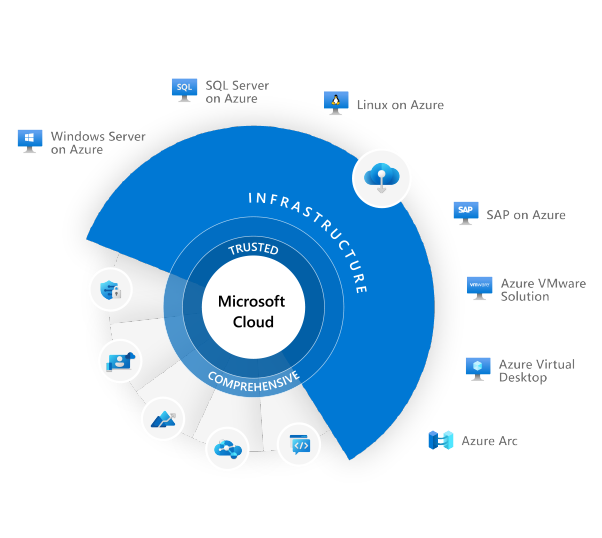
Azure IoT (Microsoft Azure IoT)
Microsoft’s IoT offering provides tools and services for connecting, monitoring, and managing IoT devices and assets. It integrates with Azure cloud services, machine learning, and analytics capabilities.
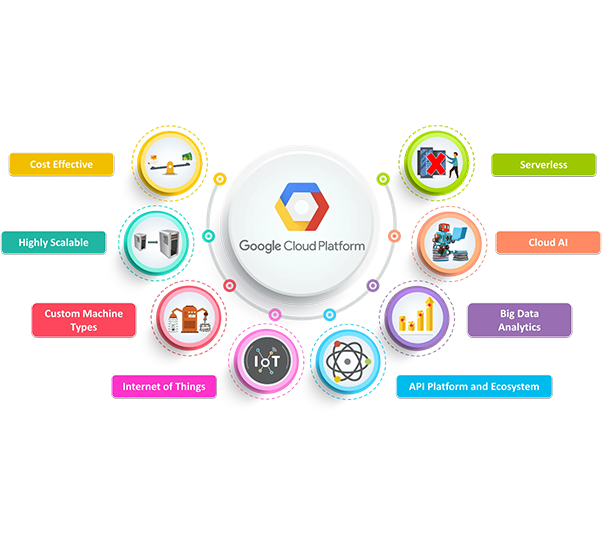
Google Cloud IoT
Google Cloud IoT offers a range of services for securely connecting, managing, and analyzing IoT devices and data. It includes device management, data ingestion, machine learning, and analytics.
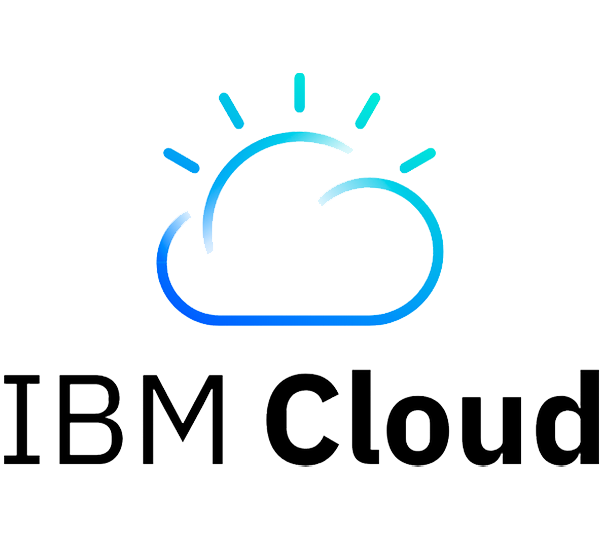
IBM Watson IoT Platform
IBM’s IoT platform offers end-to-end solutions for IoT device management, data analytics, and application development. It includes AI-powered insights and integration with IBM’s cloud services.

Oracle IoT Cloud
Oracle’s IoT Cloud offers a platform for connecting devices, collecting data, and running applications. It integrates with Oracle’s database and cloud services.

Cisco IoT
Cisco provides IoT solutions that focus on network connectivity, security, and data management. Their offerings include edge computing solutions and networking infrastructure for IoT deployments.

Siemens MindSphere
Siemens’ MindSphere is an industrial IoT platform designed for manufacturing and industrial applications. It offers data analytics, connectivity, and application development for smart manufacturing.

ThingWorx (PTC)
ThingWorx is an IoT platform by PTC that enables businesses to build and deploy IoT applications quickly. It provides tools for device connectivity, data visualization, and application development.

SAP Leonardo IoT
SAP’s Leonardo IoT platform provides solutions for connecting devices, collecting and analyzing data, and applying machine learning and analytics to enable digital transformation.
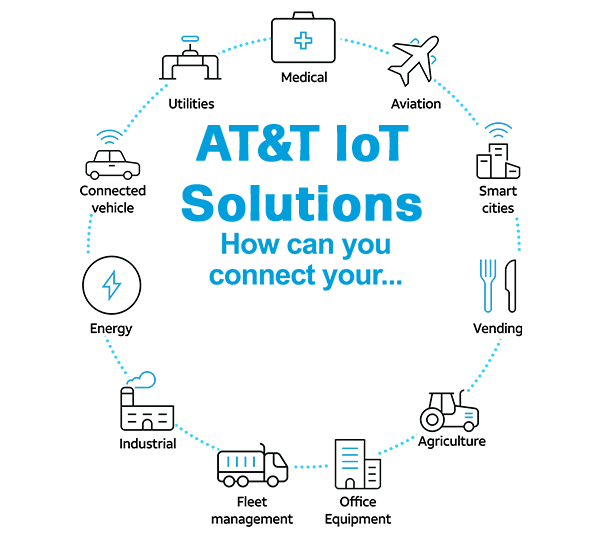
AT&T IoT Solutions
AT&T offers IoT solutions that include connectivity services, device management, and data analytics for various industries.
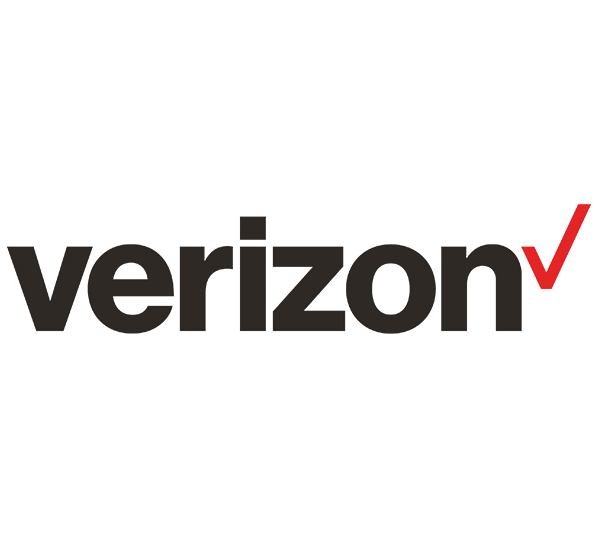
SAP Leonardo IoT
SAP’s Leonardo IoT platform provides solutions for connecting devices, collecting and analyzing data, and applying machine learning and analytics to enable digital transformation.

Particle
Particle offers IoT solutions with hardware and software components for building connected devices and applications.
These providers offer a range of services and platforms to cater to different industries and use cases. When choosing an IoT service provider, it’s important to consider factors such as the specific requirements of your project, scalability, security, data analytics capabilities, integration with existing systems, and customer support.